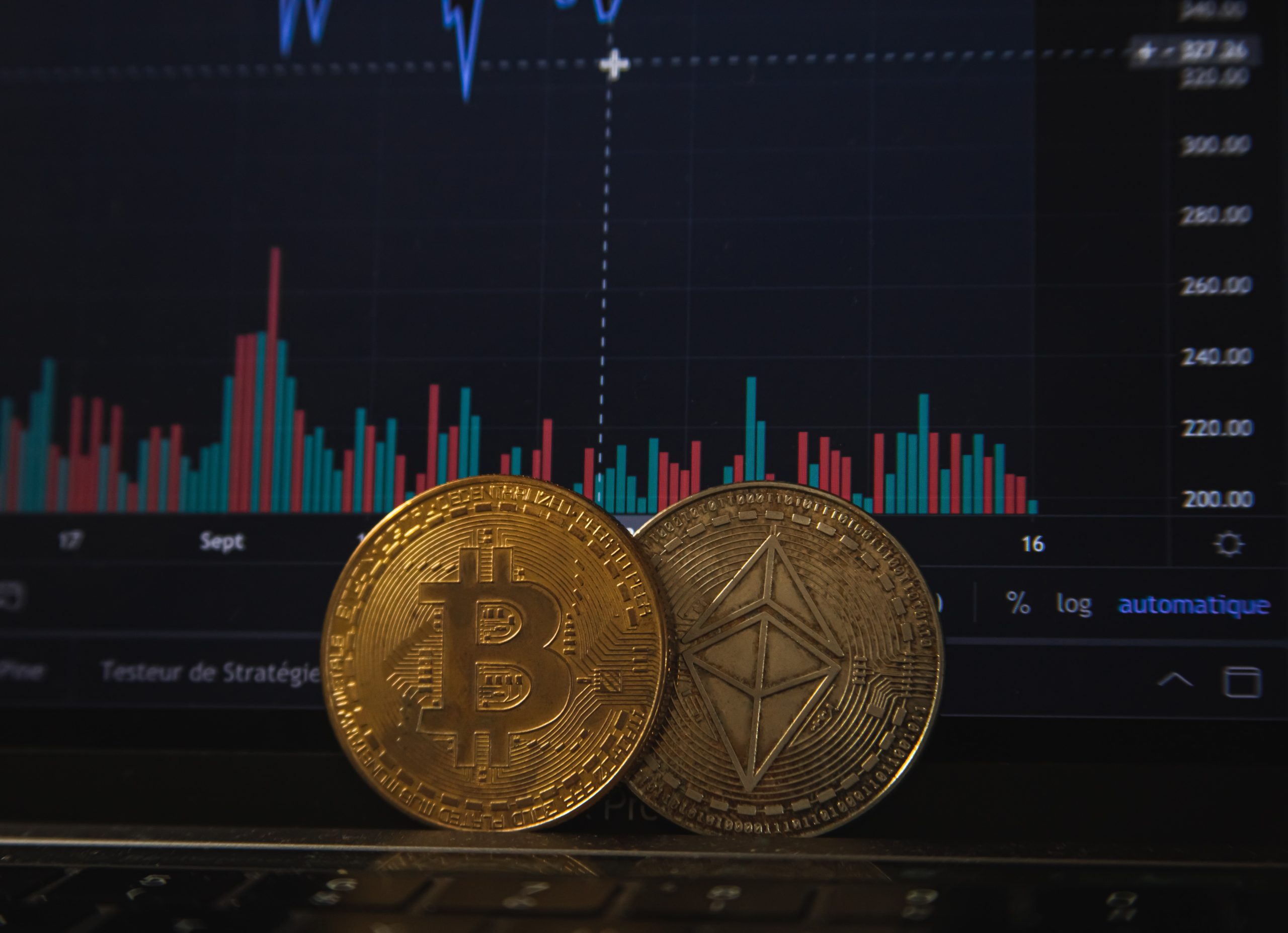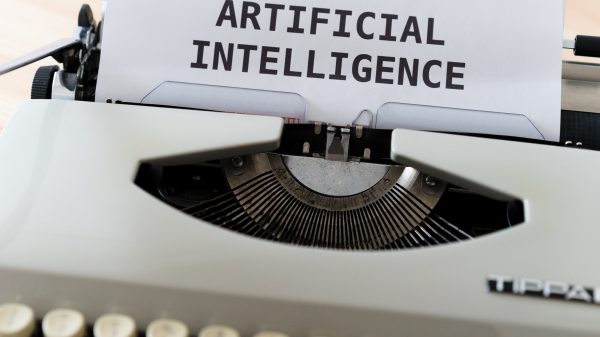Enterprise Resource Planning (ERP) systems are essential tools that enable businesses to streamline operations, improve efficiency, and enhance decision-making processes. As technology continues to evolve, blockchain has emerged as a potential game-changer in various industries, including ERP. Blockchain, best known for its association with cryptocurrencies like Bitcoin, is a decentralized and immutable ledger technology that has the potential to transform ERP systems. In this article, we will explore the pros and cons of using blockchain for ERP, shedding light on its potential benefits and challenges.

Pros of Blockchain for ERP
1. Enhanced Security
One of the most significant advantages of blockchain technology is its high level of security. Blockchain uses cryptographic techniques to create secure and tamper-resistant records. Each transaction added to the blockchain is encrypted and linked to the previous transaction, forming a chain of blocks. This decentralized structure makes it extremely difficult for malicious actors to alter or manipulate data, ensuring the integrity of ERP records.
2. Improved Data Integrity and Transparency
Blockchain’s immutable nature ensures that once data is recorded, it cannot be altered or deleted. This feature enhances data integrity and creates a transparent system where all parties can verify and trust the information. In an ERP context, this means that stakeholders across the supply chain can access real-time and reliable data, leading to more informed decision-making.
3. Reduced Fraud and Errors
With blockchain’s transparent and auditable nature, fraudulent activities and errors in ERP data can be minimized. Since all transactions are recorded in a tamper-resistant manner, unauthorized changes or attempts to manipulate data are easily detectable. This can help companies save resources and protect against financial losses due to fraud.
4. Streamlined Supply Chain Management
Blockchain can revolutionize supply chain management within ERP systems. By using a distributed ledger, stakeholders can trace the origin and movement of goods and raw materials across the supply chain. This transparency can lead to better inventory management, reduced delays, and improved trust among suppliers, manufacturers, and customers.
5. Smart Contracts Automation
Blockchain enables the use of smart contracts, which are self-executing contracts with predefined conditions and actions. When certain conditions are met, the smart contract automatically triggers the agreed-upon actions. In an ERP context, this automation can streamline processes like payment releases, order processing, and compliance verification, reducing the need for manual intervention and potential human errors.

Cons of Blockchain for ERP
1. Scalability Challenges
Blockchain technology faces scalability challenges, especially in public blockchains like Bitcoin and Ethereum. As more transactions are added to the blockchain, the processing time increases, potentially leading to slower performance. In a large-scale ERP system handling a significant number of transactions, scalability concerns may arise.
2. Integration Complexity
Integrating blockchain technology with existing ERP systems can be complex and time-consuming. ERP systems are often built on traditional centralized databases, and transitioning to a decentralized blockchain infrastructure requires careful planning and execution. Ensuring compatibility and seamless integration is a critical challenge.
3. Energy Consumption
The process of adding transactions to the blockchain, known as mining, consumes a substantial amount of energy, especially in public blockchains that rely on Proof of Work (PoW) consensus algorithms. This energy-intensive process may not be environmentally sustainable for some businesses and can lead to increased operational costs.
4. Governance and Regulation
Blockchain technology is still relatively new, and there is a lack of standardized governance and regulations. This uncertainty may cause concerns for businesses regarding legal compliance and data privacy, particularly when handling sensitive information within an ERP system.
5. Data Privacy Concerns
While blockchain offers enhanced security and data integrity, it presents challenges in terms of data privacy. Since all transactions are visible to all participants in a public blockchain, businesses need to carefully consider how to handle sensitive information to maintain compliance with data protection laws.
Blockchain technology holds great promise for revolutionizing ERP systems, offering enhanced security, data integrity, and transparency. The potential benefits of streamlined supply chain management, reduced fraud, and automation through smart contracts make blockchain an enticing solution for businesses. However, challenges related to scalability, integration complexity, energy consumption, governance, and data privacy must be carefully considered before implementing blockchain in ERP systems. As the technology continues to evolve, businesses need to weigh the pros and cons carefully and assess how blockchain can align with their specific ERP requirements and long-term strategies. With careful planning and consideration, blockchain can play a pivotal role in shaping the future of ERP systems and driving digital transformation in the business world.































